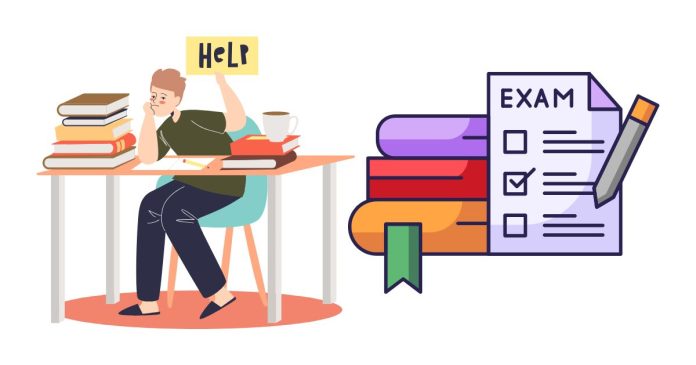The difficulty of JAMB 2025 will largely depend on the preparation level of individual candidates rather than the inherent toughness or simplicity of the exam. JAMB aims to test candidates’ understanding of their chosen subjects in alignment with the national curriculum for secondary education. Here’s an analysis:
Why It May Feel Hard
- Insufficient Preparation: Candidates who don’t adequately study the required syllabus may find the exam challenging.
- Time Pressure: The exam requires candidates to answer multiple-choice questions within a limited timeframe, which can be demanding.
- Technical Issues: As the UTME is computer-based, candidates who are not familiar with CBT systems may struggle.
- Changing Patterns: JAMB occasionally adjusts question formats, which might surprise unprepared candidates.
Why It May Be Simple
- Thorough Preparation: Candidates who study consistently, use JAMB-recommended materials, and take mock tests are likely to perform well.
- Past Questions: Reviewing and practicing past JAMB questions helps in understanding patterns and common topics.
- Comprehensive Syllabus: JAMB provides a clear syllabus, so well-prepared candidates know exactly what to study.
Tips for Success
- Start Early: Begin preparation months before the exam.
- Utilize Resources: Use textbooks, online platforms, and past questions tailored to JAMB.
- Time Management: Practice managing time during mock tests to build speed and confidence.
- Stay Updated: Keep track of updates on JAMB policies or changes in the syllabus.
Ultimately, the exam’s simplicity or difficulty lies in how well candidates align their preparation with the requirements.


